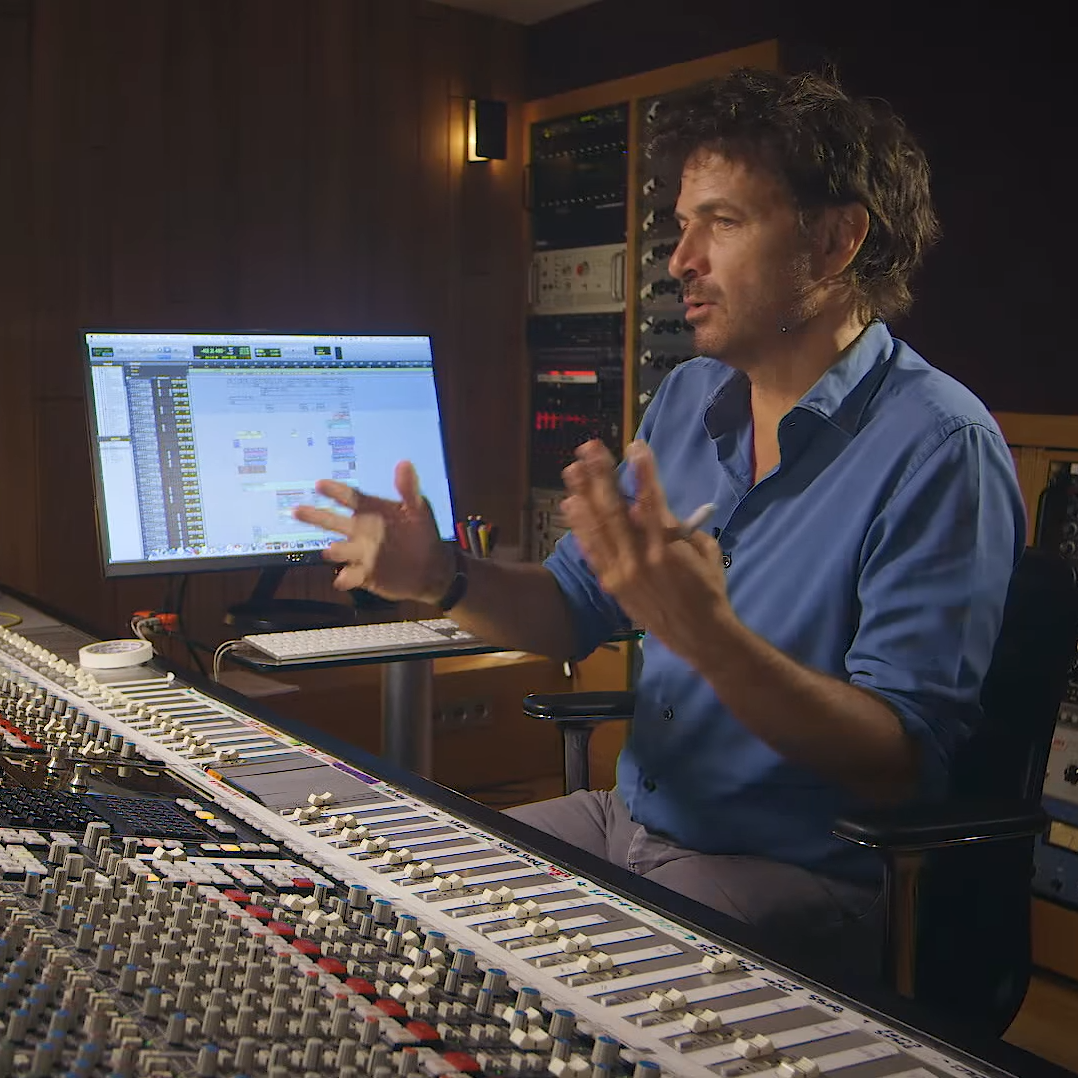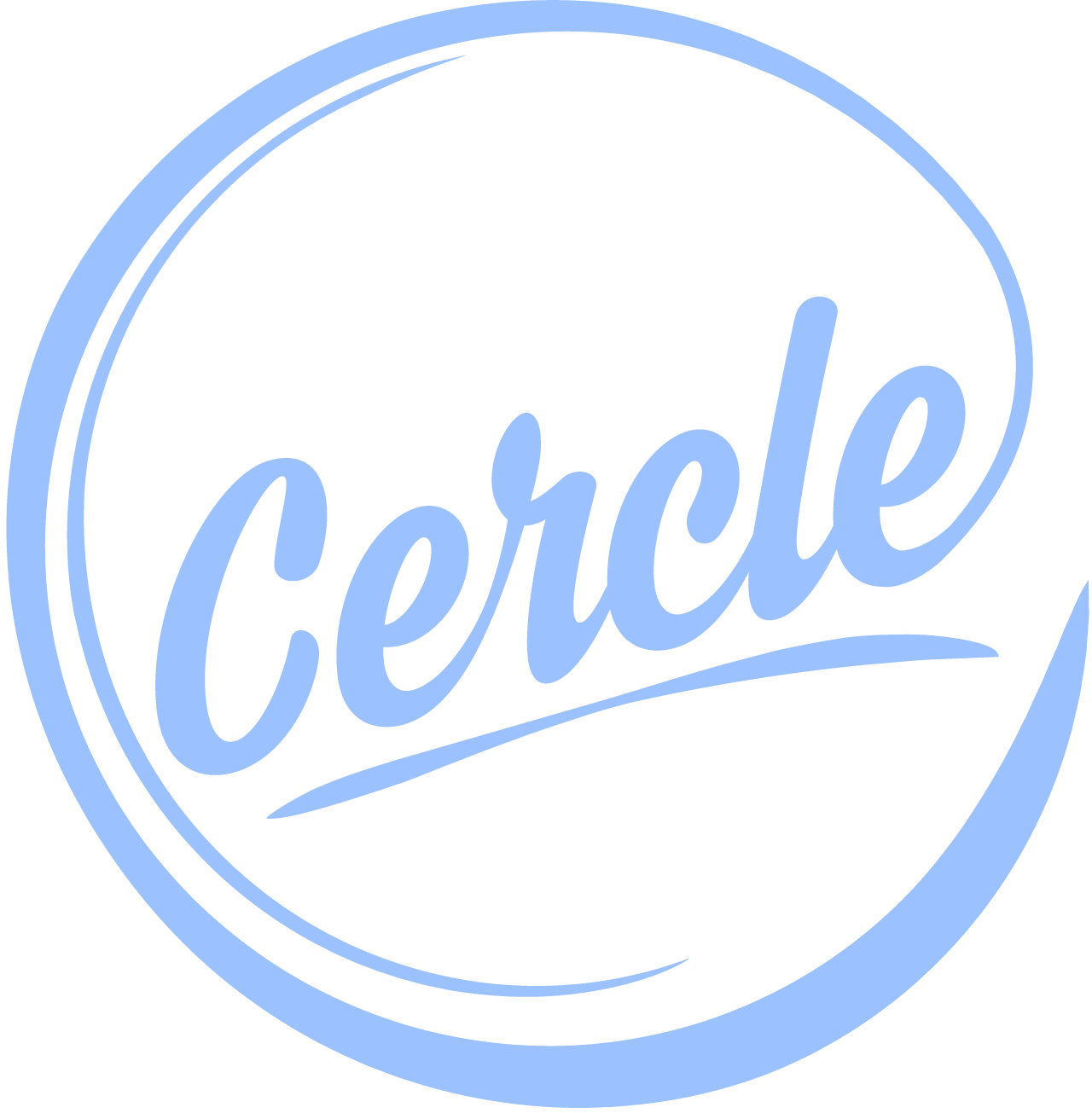The loss of Philippe Zdar, who died accidentally in June 2019, is incomparable. He was a pro, very down to earth whilst also being a genius of a producer. His career and his choices prove just that – he always remained faithful to his friends, to his convictions and to a generous vision of music that privileged quality over quantity, and a warm groove over the coldness that electronic music is sometimes accused of.
Born in Aix-les-Bains at the foot of the Alps, Philippe Cerboneschi, aka Zdar, started out behind the decks of local clubs and singing in rock bands. This openness to different types of music (disco, funk, soul, jazz and rap) would be important throughout his life. He would also bear in mind the intense pleasure he felt in making people dance, especially as a producer. He never forgot the sweat of the dancefloor.
At the end of the 1980s he worked as an assistant producer in Paris in order to learn his trade – notably on sessions with Serge Gainsbourg and Vanessa Paradis – and worked for the producer Dominique Blanc-Francard. Blanc-Francard played a major role in his life by introducing him to his son, Hubert, aka Boombass, in 1988. This marked the beginning of a lifelong friendship with many fruitful collaborations. They initially worked on the French rap scene with artists such as the famous MC Solaar. The two then set up La Funk Mob, producing in an abstract hip-hop style, which earned them a signing to the prestigious English independent label Mo’Wax as well as remixes for Björk and Depeche Mode.
A house music enthusiast, Zdar started Motorbass with Etienne de Crécy whose album Pansoul (1996) is one of the foundation stones of French touch. After passing his love for house to Boombass, the two gave birth to Cassius, spearheading the export of French electro music internationally, alongside Daft Punk, Air and Laurent Garnier. From 1999 to 2019, Cassius made five albums, a relatively sparse discography but one that’s full of soul and funk, demonstrating the desire of the two artists to keep their creative freshness intact.
Outside of Cassius, the two didn’t seek solo projects but rather put their talents at the service of other artists. With his own studio, named Motorbass, Zdar’s popularity rose, mostly thanks to his ability to mix musical styles. He produced or mixed several major works, including Phoenix’s first album United, and then Wolfgang Amadeus Phoenix, the band’s biggest international success, as well as on Politics, Sébastien Tellier’s second album. He worked with one of his favourite bands, the Beastie Boys, as well as with The Rapture, Franz Ferdinand, Cat Power, Kindness, Lou Doillon, Hot Chip, Housse de Racket... Everyone praised him for his kindness, his enthusiasm, his passion and above all, the desire to infuse his productions with energy.
Cassius’ hit “I Love U So”, was sampled by Kanye West in his duet with Jay-Z, “Why I Love You”. It’s a song we will always feel was written just for Zdar.
.jpg)
%202-39%20screenshot.png)
%201-31%20screenshot.png)


.jpg)

.jpg)
.jpg)